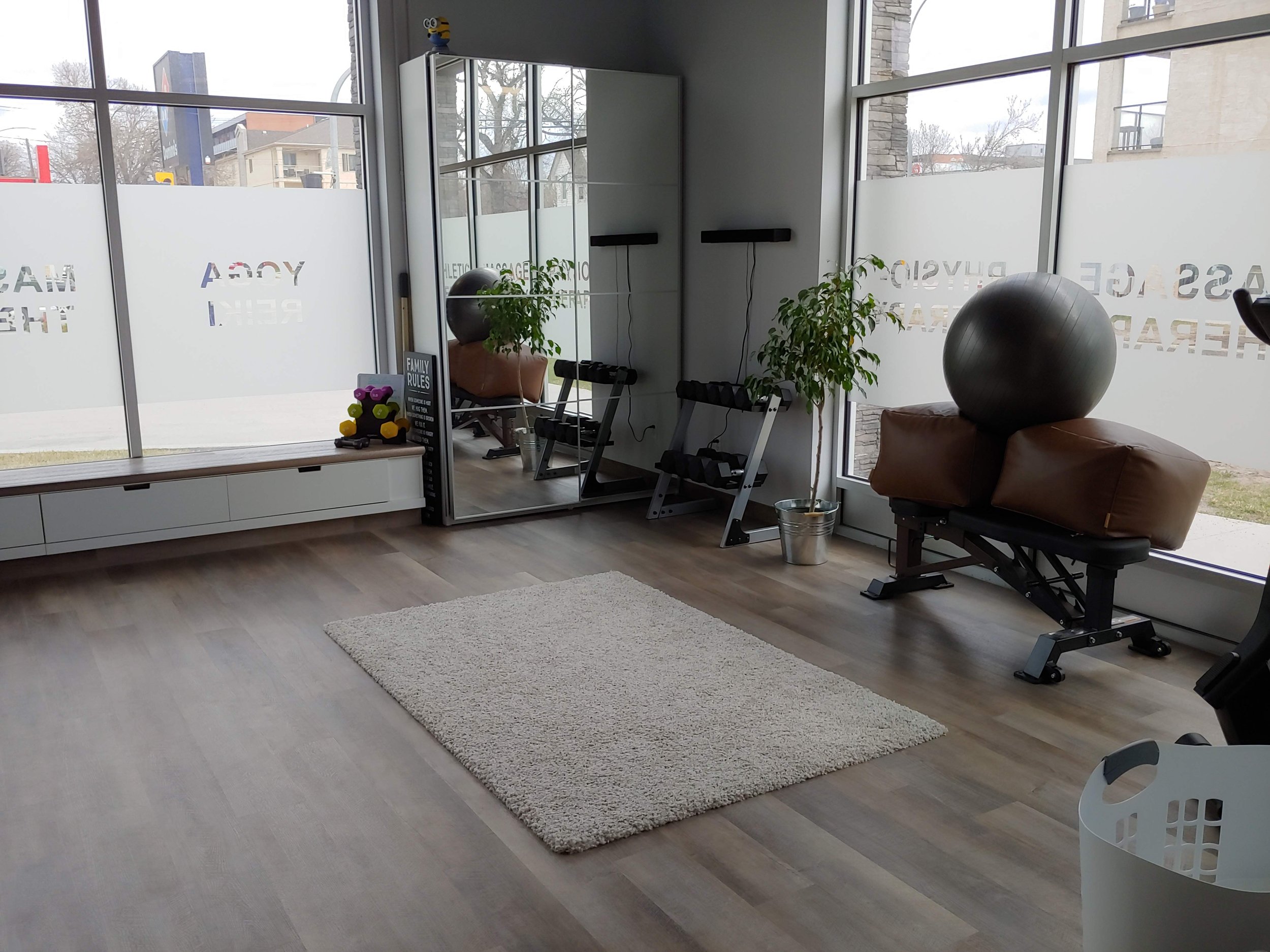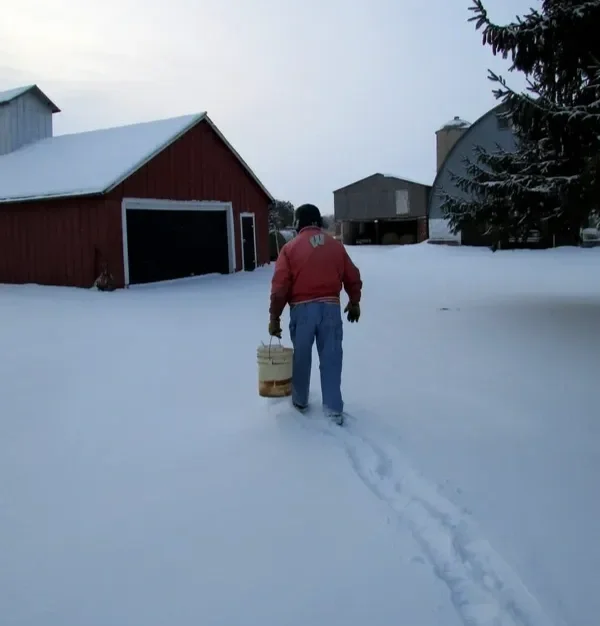
Revolution Rehab
BLOG
Cultivating Core Strength: The Foundation of Lasting Health
In our "Health Harvest" series this October, we're talking about reaping what you sow in your health journey. And when it comes to building a strong, resilient body that supports you through all of life's activities, there's one area that acts as the ultimate foundation: your core.
Often, when people hear "core strength," they immediately think of six-pack abs. While abdominal muscles are part of it, your core is much more than that! It's a complex group of muscles that wraps around your trunk, including your abdominals, back muscles, pelvic floor, and diaphragm. These muscles work together to stabilize your spine and pelvis, acting as the powerhouse for almost every movement you make.
Think of your body as a magnificent tree. Without strong roots, even the most beautiful tree can topple in a storm. Your core is those deep, stabilizing roots, crucial for preventing injury and optimizing performance.
Why Cultivating Core Strength is Essential
A strong core isn't just for athletes; it's vital for everyone, impacting your health in numerous ways:
Pain Prevention: A weak core is a major contributor to low back pain and neck pain. When your core muscles aren't doing their job, other muscles (like those in your back or hips) have to overcompensate, leading to strain and discomfort. A strong core helps to keep your spine stable and properly aligned.
Improved Posture: Your core muscles are essential for maintaining good posture, whether you're sitting at a desk, standing, or walking. A strong core helps you sit taller and stand straighter, reducing strain on your neck and shoulders.
Enhanced Balance and Stability: A stable core provides the foundation for all your movements. This is critical for balance, preventing falls, and performing everyday tasks with ease, from carrying groceries to playing with your kids.
Better Movement Efficiency: When your core is strong, your limbs can move more powerfully and efficiently. This translates to better performance in sports, exercise, and any physical activity.
Injury Prevention: By providing a stable base, a strong core reduces the risk of injuries throughout your body, not just in your back. It helps absorb forces and distribute stress evenly across your musculoskeletal system.
Support for Daily Activities: From bending to tie your shoes, lifting a child, or reaching for something on a high shelf, your core is engaged. A strong core makes these everyday movements easier and safer.
How to Cultivate Your Core
Developing core strength isn't about endless crunches. It's about engaging the deep, stabilizing muscles. Here's how you can start cultivating a stronger core:
Focus on Quality, Not Quantity: Slow, controlled movements that engage the right muscles are more effective than fast, sloppy repetitions.
Breathe Deeply: Engaging your diaphragm (a core muscle itself!) through deep breathing helps activate your deep core stabilizers.
Incorporate Core-Specific Exercises: Exercises like planks, bird-dogs, dead bugs, and pelvic tilts are excellent for targeting core stability.
Think Beyond the Abs: Remember your core wraps around your entire trunk. Exercises that challenge your balance and stability will naturally engage your core.
Integrate into Daily Life: Practice engaging your core during everyday activities – when lifting, standing, or even sitting.
Your Core Cultivation Guide
While there are many resources available, working with an Athletic Therapist is the most effective way to cultivate truly functional core strength. We can:
Assess Your Core Function: Identify any weaknesses, imbalances, or compensatory patterns.
Teach Proper Engagement: Guide you on how to activate your deep core muscles correctly.
Design a Personalized Program: Create exercises tailored to your current strength level, specific needs, and goals.
Progress Your Exercises Safely: Ensure you're challenging your core appropriately without risking injury.
Integrate Core Work into Functional Movements: Help you apply core strength to daily activities and sports.
Just like a farmer tends to their soil, investing in your core strength is an investment in your long-term health and vitality. It's the foundation upon which all other movements thrive.
Ready to cultivate a stronger core and build a more resilient body? Contact us today to schedule an assessment and start your personalized core strengthening program!

